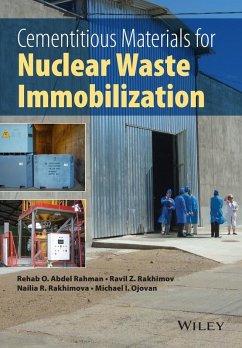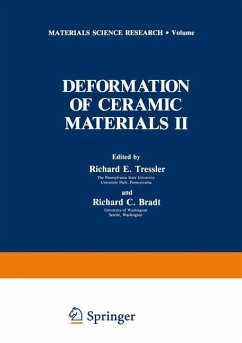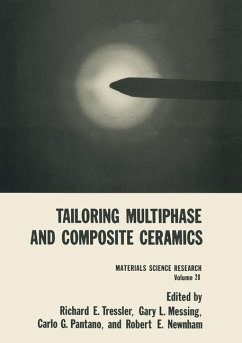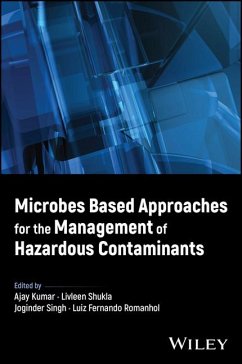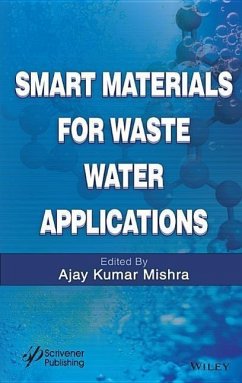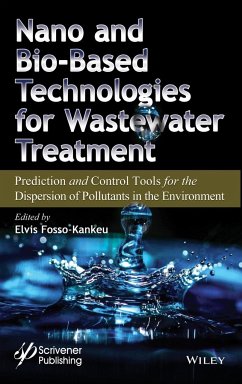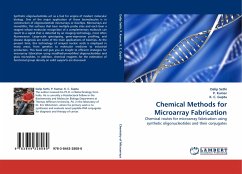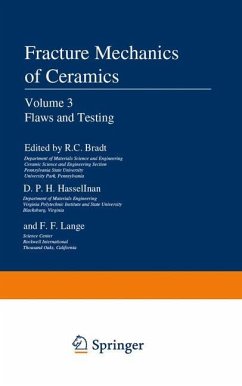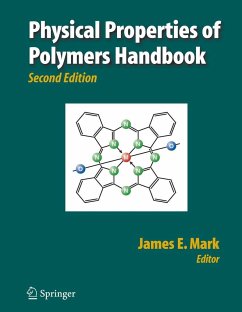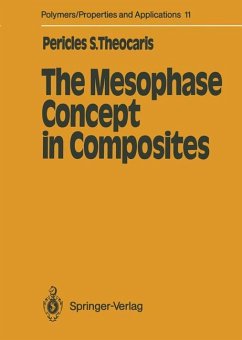
Waste Immobilization in Glass and Ceramic Based Hosts
Radioactive, Toxic and Hazardous Wastes

PAYBACK Punkte
81 °P sammeln!
The problem of what to do with waste materials both radioactive and, more recently, non-radioactive, is an increasingly important environmental and political issue. Radioactive waste management practices vary worldwide but currently the most common method is to turn highly radioactive waste into a vitrified product, in order to render it passively safe before disposal. With mounting pressure on land-fill sites, and increased environmental concern, the issue of toxic and hazardous waste management must also be properly addressed. This book brings together all aspects of waste immobilization, dr...
The problem of what to do with waste materials both radioactive and, more recently, non-radioactive, is an increasingly important environmental and political issue. Radioactive waste management practices vary worldwide but currently the most common method is to turn highly radioactive waste into a vitrified product, in order to render it passively safe before disposal. With mounting pressure on land-fill sites, and increased environmental concern, the issue of toxic and hazardous waste management must also be properly addressed. This book brings together all aspects of waste immobilization, draws comparisons between the different types of wastes and treatments, and outlines where lessons learnt by the nuclear industry may be usefully applied in the treatment of non-radioactive wastes. A wide range of topics is covered, including vitrification techniques, ceramic and glass-ceramic wasteforms, novel hosts, toxic and hazardous wastes, influence of microbial activity, and the treatment of new generation wastestreams. Waste Immobilization in Glass and Ceramic Based Hosts provides an up-to-date reference source at this critical time, when the need for low carbon energy sources has brought nuclear power back to the forefront, and non-radioactive toxic and hazardous wastes pose an increasing threat to the environment.



